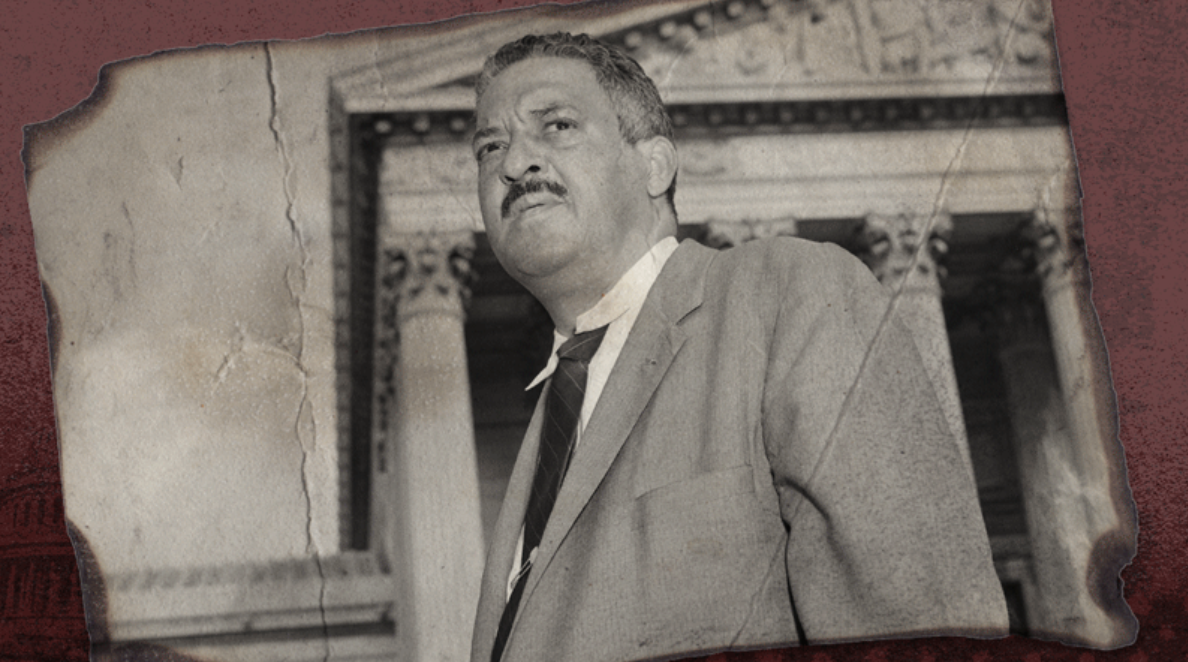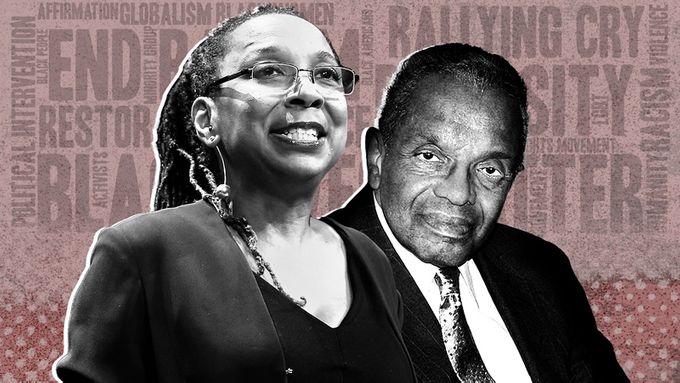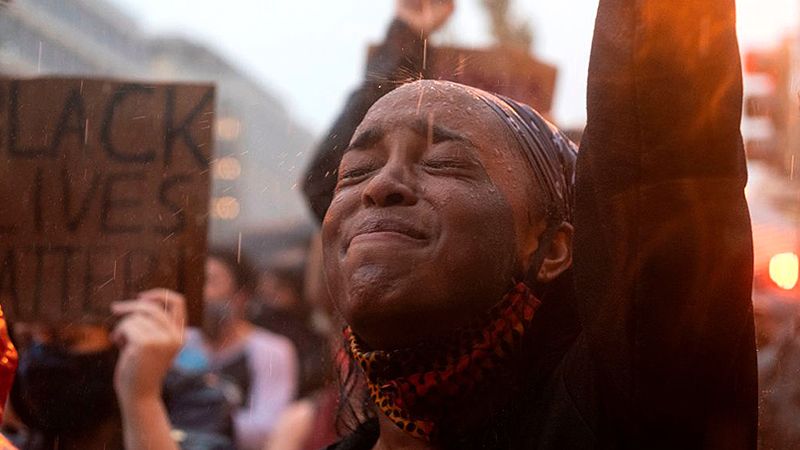What’s the Fuss about CRT?
OZY Presents
Elevate the Conversation
Feb13 2022
INTRODUCTION

Critical Race Theory (CRT), attributed to and pioneered by former Harvard Law professor Derrick Bell and legal scholars Kimberlé Crenshaw and Richard Delgado, among others, has lived for almost 50 years within the hallowed halls of advanced academic institutions. That is, until it was invoked in the late summer of 2020 by an ultra-conservative activist. Today CRT has become a cultural flashpoint in the United States, with the debate over its merit roiling state legislatures and K-12 school board meetings.
How did this once-obscure, and still widely misunderstood, concept come to be a lightning rod in the current debate over race relations in America? In this edition of Elevate the Conversation, we examine CRT and invite you to weigh in on the conversation.
CRT: An Overview


Origins
In the late 1970s, Black legal scholars at some of the country’s most prestigious law schools developed a theory to connect law, history and race in the United States. These scholars believed that the effects of racial bias could not be combatted merely by enacting anti-discrimination laws to guide individual behavior, but also required reforming social institutions shaped by endemic racism. Like the theory of Originalism (which argues that the U.S. Constitution should be interpreted by determining its original meaning), a view that was also emerging at this time in legal scholarship, advocated by conservative legal scholars, CRT asserted a different viewpoint on the U.S., its history of slavery and the effects of this past on our present.
Defined
CRT argues that racial bias does not just exist within the individual, but that it is embedded in the very fabric of society, in our laws, policies and institutions. At its core, CRT maintains that our institutions and society are a reflection of our most fundamental beliefs. Thus, historic racism in America, it claims, continues to influence U.S. institutions and hinder equitable access in American society.
CRT: The Flashpoint
Let’s return to the Summer of 2020. The world had ground to an unprecedented halt in response to a mysterious pandemic that had been raging for four months. Americans were anxious about the virus, and about our jobs, the economy, and our loved ones.Toilet paper and basics were hard to find in our grocery stores. People were stockpiling cash and supplies and preparing for the end of the world. Americans were buying guns in record numbers. The majority, but not all of us, were stuck at home. Our cars sat idle for months in driveways and garages. The physical world seemed to come to a standstill, while the world online revved up and gained steam. Into this virtual world dropped the video of George Floyd, igniting our restlessness, anxiety and fear. The flames pushed people of all races and socioeconomic levels out into the hot streets demanding justice and change, inciting a brutal police backlash. It felt dystopian. It felt surreal.
In a Moment of Extreme Societal Vulnerability


But in the chaos there was hope. In taking to the streets, a valve was released, letting loose a torrent of collective pent-up energy. Conversations began. Corporate and personal pledges were made. Black people, though skeptical, began sharing some of their stories and these stories did not fall on deaf ears. Anger at the police and the state of race relations arose, and the first seeds were sown for the backlash that would put CRT directly in the crosshairs. In June 2020, CRT hit the conservative news cycle. An almost 50-year-old academic legal theory was dusted off, completely, and erroneously, redefined and turned into a lightning rod — and an effective electoral weapon — first by the ultraconservative political media, then by its politicians.
For more on this story go to: Elevate the Conversation [email protected]
ABOUT OZY
OZY is a diverse, global and forward-looking media and entertainment company focused on “the New and the Next.” OZY creates space for fresh perspectives, and offers new takes on everything from news and culture to technology, business, learning and entertainment.
www.ozy.com / #CarlosWatson / #OZY
Curiosity. Enthusiasm. Action. That’s OZY!





